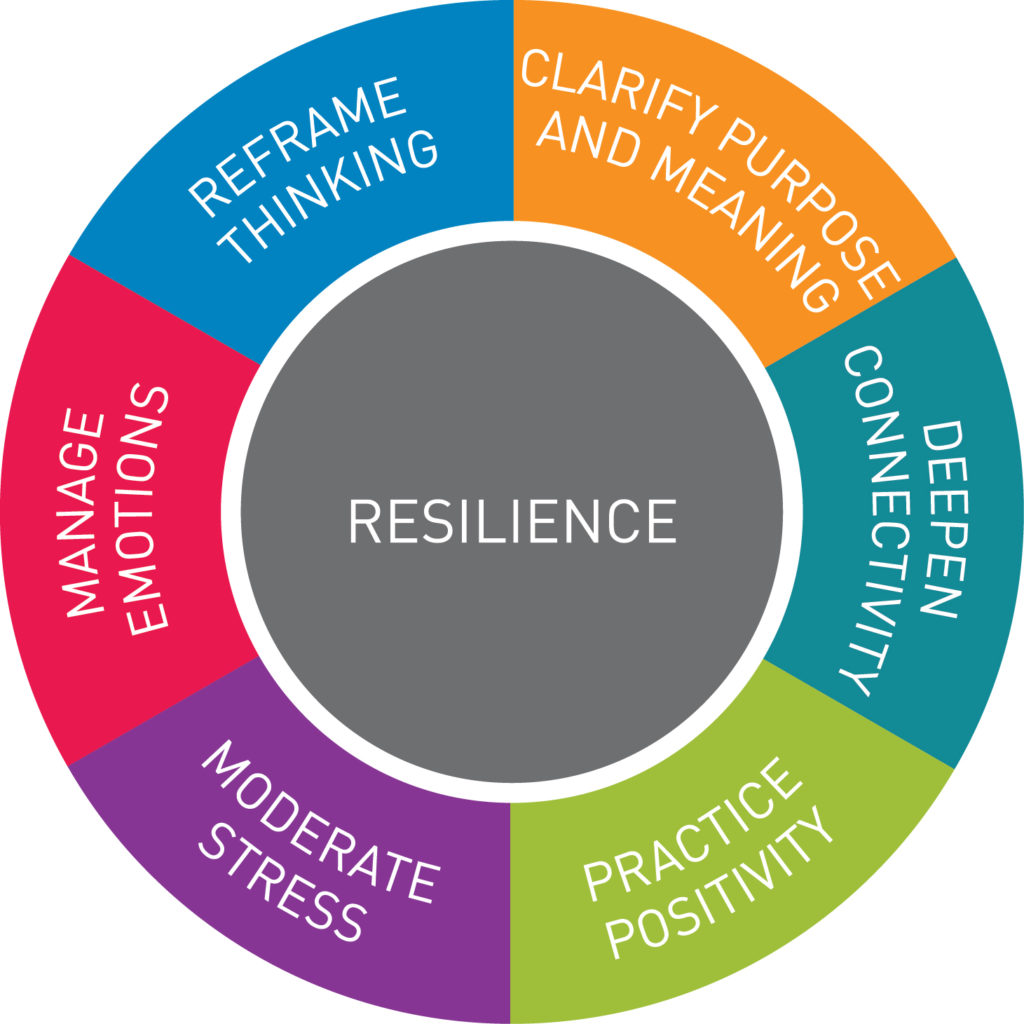
Understanding Emotional Resilience
Definition of Emotional Resilience
Emotional resilience refers to the ability to adapt and bounce back from life’s challenges, stresses, and adversities. It’s not just about enduring tough times; rather, it’s about thriving in the face of adversity. Resilience can manifest in various ways, like maintaining a positive outlook, managing emotions effectively, and seeking support when needed.
Significance in Love Relationships
In love relationships, emotional resilience plays a critical role. Resilient individuals can navigate conflicts, communicate effectively, and foster a deeper connection with their partner. Consider these key points:
- Conflict Resolution: Partners can move past arguments without lingering resentment.
- Emotional Support: They offer and receive support in tough times.
- Growth Together: Emotional resilience allows couples to grow and strengthen their bond over time.
Think of a couple who faced financial hardships but leaned on each other’s strength. Their emotional resilience brought them closer, transforming a challenging situation into an opportunity for growth.

Factors Influencing Emotional Resilience
Past Experiences and Trauma
A person’s emotional resilience is often shaped by past experiences and trauma. Those who have faced adversity may develop a stronger ability to cope with future challenges. For instance, someone who has overcome difficult family dynamics may be more adept at handling conflicts in a romantic relationship.
Self-awareness and Emotional Intelligence
Self-awareness and emotional intelligence significantly influence resilience. Individuals who recognize their emotions can better manage them and respond appropriately. Consider someone who, after a tough breakup, reflects on what went wrong and learns from the experience. This practice leads to healthier relationships in the future.
Support System and Communication
Having a strong support system is crucial for emotional resilience. Open communication with friends and partners allows individuals to share feelings, ponder solutions, and seek advice. A friend who listens without judgment can be a lifesaver during hard times. Remember, resilience is not about facing challenges alone but about knowing when to lean on others. Here are some key elements:
- Active Listening: Ensures feelings are validated.
- Constructive Feedback: Helps to develop coping strategies.
- Building Trust: Creates a safe space for openness.
When these factors come together, they create a solid foundation for emotional resilience, allowing individuals to thrive in love and life.

Building Emotional Resilience in Love
Cultivating Self-compassion and Self-care
Building emotional resilience in love starts with cultivating self-compassion and self-care. When individuals treat themselves with kindness during tough times, they set a precedent for how to handle conflict in relationships. For instance, someone reflecting on a mistake might say, “I’m human; we all make errors.” This shift fosters a loving atmosphere.
Setting Boundaries and Managing Expectations
Another critical step is setting boundaries and managing expectations. Clear boundaries protect emotional well-being and clarify each partner’s needs. For example, a person might express the need for alone time to recharge, ensuring they don’t feel overwhelmed. Managing expectations creates a more balanced relationship where both partners feel understood.
Practicing Mindfulness and Stress Management Techniques
Practicing mindfulness and employing stress management techniques also enhance resilience. Through mindfulness, individuals learn to stay present, reducing the anxiety that sometimes clouds their judgment. Techniques such as deep breathing, meditation, or yoga can help partners cope during tense moments. Here are some effective strategies:
- Deep Breathing: Calm the mind and body during conflicts.
- Journaling: Process emotions and reflect on personal growth.
- Regular Check-ins: Discuss feelings to prevent misunderstandings.
Integrating these practices nurtures emotional resilience and strengthens the bond in relationships, enabling couples to face challenges with grace and unity.

Handling Challenges and Setbacks
Dealing with Conflict Constructively
Handling challenges and setbacks is a vital part of any love relationship. One key aspect is learning to deal with conflict constructively. Instead of escalating disagreements into heated arguments, couples can focus on communication. For example, using “I” statements—like “I feel overwhelmed when…”—helps express feelings without blaming, fostering understanding.
Accepting Imperfections and Differences
Accepting imperfections and differences is equally important. No one is perfect, and recognizing that both partners bring unique experiences and perspectives enriches the relationship. A healthy love life embraces these differences, leading to growth. For instance, a couple might find strength in their contrasting approaches to problem-solving, learning from each other along the way.
Seeking Professional Help if Needed
Lastly, seeking professional help if needed can be a game-changer. Sometimes couples face challenges that feel insurmountable. A trained therapist can provide tools and techniques to navigate these obstacles. Couples therapy offers a safe space to express feelings and discover healthy coping strategies. Remember:
- Identify Patterns: Recognize repetitive issues and learn to address them.
- Enhance Communication Skills: Improve the way partners talk and listen.
- Develop Coping Strategies: Create a toolkit for handling future setbacks.
Building this foundation of resilience equips couples to face life’s challenges together, allowing love to flourish even in tough times.

Strengthening Emotional Connection
Building Trust and Intimacy
Strengthening emotional connection is essential for enduring love. One of the foundational pillars of this connection is building trust and intimacy. Trust forms when both partners feel safe to share their thoughts and feelings without judgment. For example, regular date nights where honest conversations flourish can significantly deepen intimacy, allowing couples to explore each other’s world.
Expressing Vulnerability and Empathy
Expressing vulnerability and empathy is another powerful way to strengthen emotional bonds. By openly sharing fears and insecurities, partners foster a deeper understanding of each other. A couple might engage in this practice by taking turns discussing their daily struggles, ensuring each feels heard and supported. This openness encourages empathy, allowing both partners to support one another effectively.
Nurturing Emotional Bond over Time
Finally, nurturing the emotional bond over time is crucial. Small gestures can go a long way—like leaving sweet notes, checking in during the day, or surprising each other with thoughtful acts. Here are some simple ways to nurture that bond:
- Quality Time: Engage in activities both partners enjoy.
- Regular Affirmations: Offer compliments and express appreciation.
- Shared Goals: Work together towards common aspirations.
As these practices intertwine, couples cultivate a resilient emotional connection that not only withstands challenges but also celebrates the joys of love.
